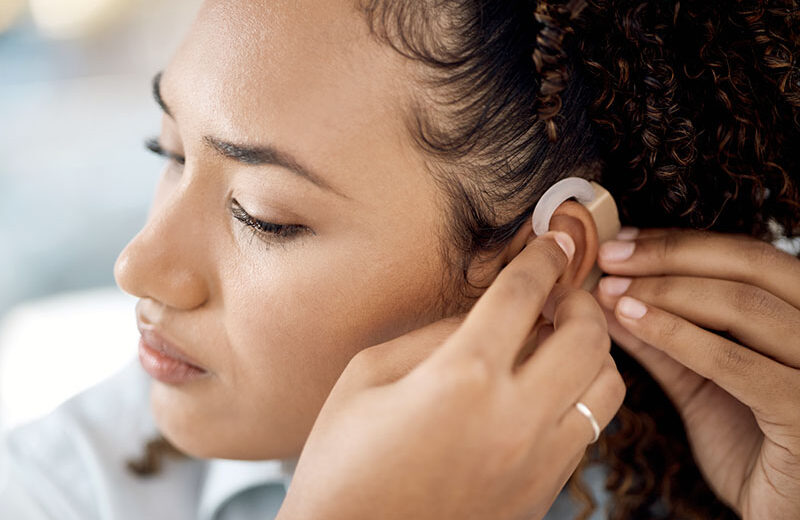It is imperative to understand that hearing aids require consistent maintenance, which many overlook. While some may assume that they can manage repairs independently, it is essential to note that they are challenging to identify without sufficient expertise. As an owner of hearing aids, one should recognize the signs of hearing device damage, know how to maintain their hearing aids, and be knowledgeable of the repair process and reputable repair centers.
How to Maintain Your Hearing Aids
Hearing aids are intricate and sophisticated devices compactly designed to be placed inside or outside the ear. At times, these devices may encounter issues that could lead to damage or malfunction. It is imperative to understand how to address these concerns. While engaging in do-it-yourself maintenance practices may help preserve the condition of your hearing aids, it is critical to consult a hearing health professional to differentiate between issues requiring fixing or genuine damage. Self-care plays a crucial role in maintaining the optimal functionality of your hearing aids.
Avoiding Moisture
As with any technological device, proper maintenance is essential to maintaining hearing aids. One of the best practices to ensure the longevity of your hearing aids is to avoid moisture damage. We recommend removing your hearing aids before showering or swimming, and if you must go out in the rain, we urge you to use an umbrella or a hood to protect them. These straightforward steps will help protect your hearing aids from moisture damage. If you notice excess moisture on your hearing aids, we recommend using a hearing aid dehumidifier. This will reduce moisture buildup and keep your hearing aids sanitized and clean. It will also ensure the quality of your hearing aids and prevent any damage that could result in costly repairs.
Maintaining the Battery
Ensuring the battery is consistently working optimally is imperative to maintain your hearing aids’ optimal functionality. If you notice any indication of a decrease in battery life, it is highly recommended that you seek the advice of a hearing healthcare professional for a battery replacement. This will ensure that your hearing experience remains uninterrupted and that the quality of service provided by your hearing aids is consistently at its best.
Removing Wax Buildup
Earwax buildup is a common challenge faced by individuals who use hearing aids. This accumulation can obstruct the devices, leading to discomfort and reduced performance. However, a simple nightly routine of gently drying the devices can help prevent significant wax buildup issues, ensuring optimal performance and comfort for the hearing aids. It is recommended that individuals experiencing earwax buildup seek the guidance of their hearing health professional. They may suggest ear irrigation to soften the wax, flush it out, and remove it if needed. This professional guidance will help to ensure that optimal performance and comfort of the hearing aids are maintained.
Keeping Them at the Right Temperature
It is imperative to store your hearing devices appropriately, irrespective of the temperature fluctuations in your vicinity. It is strongly advised not to leave them unattended in a hot car during summer or outside during winter. To ensure the safety of your hearing aids during the winter months, use hats, scarves, or earmuffs. It is wise to keep them in a cool and dark place during the summer. We suggest storing your hearing aids in a protective case to prevent damage and ensure their overall safety.





